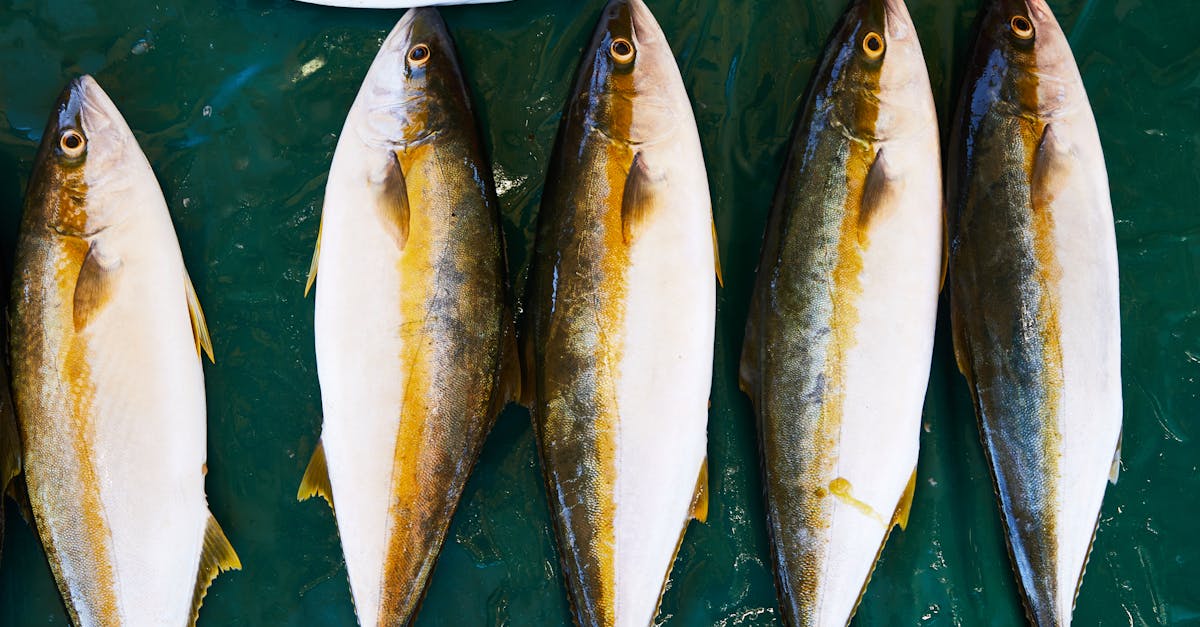Jump into the future of sustainable fish farming with our innovative water recycling system.
We’ll investigate how this cutting-edge technology revolutionizes aquaculture practices.
Figure out the key benefits and environmental impact of incorporating this system into your fish farm.
Stay tuned as we examine the secrets behind optimizing water usage and promoting healthier aquatic ecosystems.
Let’s plunge into this journey towards a greener and more efficient approach to fish farming.
Key Takeaways
- Water recycling systems in fish farming optimize water usage, reduce freshwater intake, and promote sustainable aquaculture practices.
- Implementing a water recycling system leads to benefits such as reduced water usage, enhanced operational efficiency, and minimized environmental impact.
- These systems play a crucial role in conserving resources, maintaining a healthy aquatic ecosystem, and reducing pollutants discharge into natural water bodies.
- Water recycling systems contribute to sustainable fish farming practices, promote healthier aquatic ecosystems, and support the well-being of aquatic organisms.

Understanding Water Recycling Systems in Fish Farming
When it comes to water recycling systems in fish farming, it’s all about optimizing water usage while enhancing aquatic environments. These systems work by purifying and recirculating water, reducing the need for excessive freshwater intake.
In the process, beneficial bacteria play a key role in removing harmful substances from the water, creating a sustainable cycle for the aquatic ecosystem. By implementing such systems, fish farmers can minimize environmental impact and maximize efficiency in their operations.
Interested in learning more about water recycling systems in aquaculture? Check out thisinformative article on sustainable aquaculture practicesfor further insights.
Benefits of Implementing a Water Recycling System
One significant advantage of implementing a water recycling system is the reduction in water usage. By recirculating water, we minimize freshwater intake and promote sustainable practices. Additionally, these systems contribute to a healthier aquatic environment by removing harmful substances and promoting water quality.
Another benefit is the enhanced operational efficiency. Water recycling systems optimize resource utilization and reduce costs associated with water use. This not only benefits the environment but also improves and so profitability for fish farmers.
With a water recycling system in place, we can minimize environmental impact and foster a more sustainable aquaculture industry. It’s a win-win solution for both the ecosystem and business success.
For more information on sustainable aquaculture practices, consider exploring resources on aquaculture water recycling systems and sustainable fish farming techniques.

Environmental Impact of Water Recycling in Aquaculture
In aquaculture, water recycling systems play a required role in reducing water usage and improving sustainability. By implementing these systems, we can minimize the environmental impact of fish farming. Recycling water helps in conserving resources and maintaining a healthy ecosystem for aquatic life. It also reduces the discharge of pollutants into natural water bodies, promoting environmental health. Additionally, water recycling contributes to efficient and cost-effective operations in aquaculture, benefiting both the environment and the business.
When looking to learn more about the environmental benefits of water recycling systems in aquaculture, you can visit Fisheries and Aquaculture Department of the Food and Agriculture Organization of the United Nations.
Optimizing Water Usage for Sustainable Fish Farming
When it comes to sustainable fish farming, water recycling systems play a critical role. These systems help us conserve water by reusing it within the farm, reducing the need for excessive freshwater intake.
By implementing water recycling systems, we can minimize our impact on the environment while promoting sustainable practices in aquaculture. These systems not only benefit our operations but also contribute to the and so health of the ecosystem where our fish are raised.
To learn more about sustainable fish farming practices and water recycling systems, visit the Fisheries and Aquaculture Department of the Food and Agriculture Organization of the United Nations.

Promoting Healthier Aquatic Ecosystems with Water Recycling
When we talk about water recycling systems in fish farming, we can’t ignore their role in promoting healthier aquatic ecosystems. By using these systems, we ensure that water is conserved and kept clean, benefiting not only the fish but also the surrounding environment. Recycled water reduces the risk of pollution and helps maintain optimal water quality for the aquatic life in the farm.
Implementing water recycling can lead to a significant decrease in the discharge of wastewater into natural water bodies. This means fewer pollutants entering the ecosystem, resulting in improved water quality and a healthier habitat for aquatic organisms. These systems play a critical role in sustaining the delicate balance of aquatic ecosystems, supporting the well-being of all its inhabitants.
To learn more about the impact of water recycling systems on aquatic ecosystems, visit the Fisheries and Aquaculture Department of the Food and Agriculture Organization of the United Nations.
